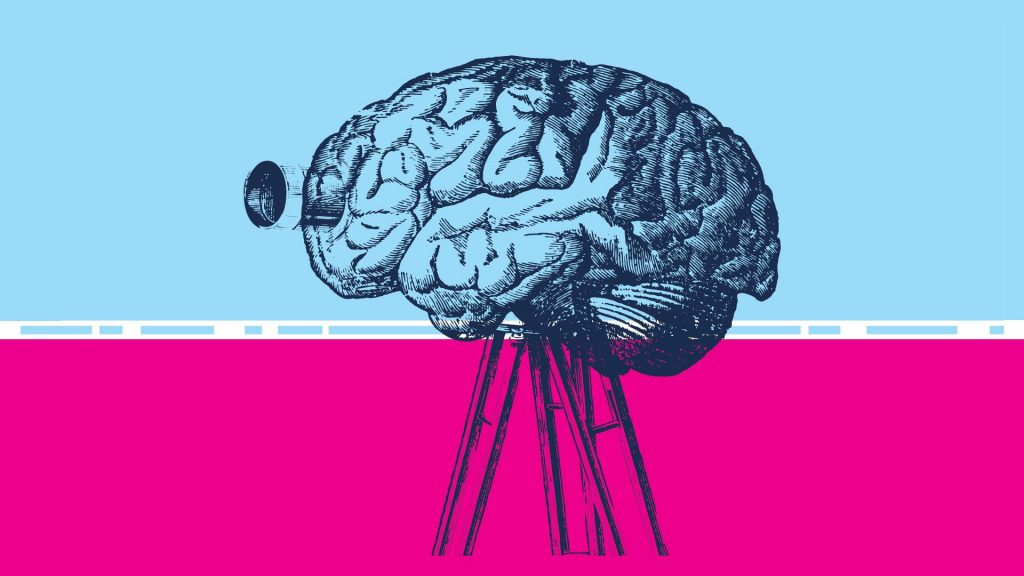The psychiatry field has long sought answers to explain why antidepressants help only some people. Is a patient’s recovery due merely to a placebo effect – the self-fulfilling belief that a treatment will work – or can the biology of the person influence the outcome?
Two studies led by UT Southwestern provide evidence for the impact of biology by using artificial intelligence to identify patterns of brain activity that make people less responsive to certain antidepressants. Put simply, scientists showed they can use imaging of a patient’s brain to decide whether a medication is likely to be effective.
The studies include the latest findings from a large national trial (EMBARC) intended to establish biology-based, objective strategies to remedy mood disorders and minimize the trial and error of prescribing treatments. If successful, scientists envision using a battery of tests such as brain imaging and blood analyses to increase the odds of finding the right treatment.
“We need to end the guessing game and find objective measures for prescribing interventions that will work,” said Dr Madhukar Trivedi, who oversees EMBARC and is founding Director of UT Southwestern’s Center for Depression Research and Clinical Care. “People with depression already suffer from hopelessness, and the problem can become worse if they take a medication that is ineffective.”
In this study, scientists used AI to examine neural activity throughout the brain while study participants processed emotions.
The studies – which each included more than 300 participants – used imaging to examine brain activity in both a resting state and during the processing of emotions. Both studies divided the participants into a healthy control group and people with depression who either received antidepressants or placebo.
Of the participants who received medication, researchers found correlations between how the brain is wired and whether a participant was likely to improve within two months of taking an antidepressant.
Dr Trivedi said imaging the brain’s activity in various states was important to get a more accurate picture of how depression manifests in a particular patient. For some people, he said, the more relevant data will come from their brains’ resting state, while in others the emotional processing will be a critical component and a better predictor for whether an antidepressant will work.
“Depression is a complex disease that affects people in different ways,” he said. “Much like technology can identify us through fingerprints and facial scans, these studies show we can use imaging to identify specific signatures of depression in people.”



























